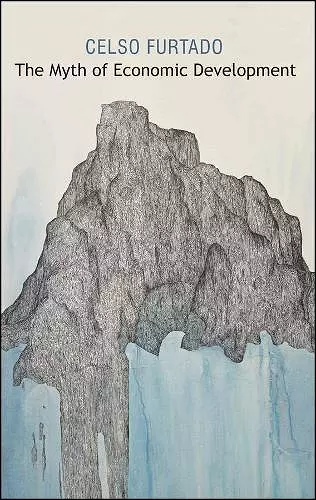The Myth of Economic Development
Celso Furtado author Jordan B Jones translator Ndongo Samba Sylla editor
Format:Paperback
Publisher:John Wiley and Sons Ltd
Published:4th Sep '20
Should be back in stock very soon
This paperback is available in another edition too:
- Hardback£50.00(9781509540136)

This classic work remains one of the most incisive contributions to dependency theory in the Latin American context. While agreeing with other dependency theorists that underdevelopment on the Latin America periphery was structurally connected to the accumulation of capital in the advanced economies at the core of the global capitalist system, Furtado went further and argued that the very idea of development in the periphery is a myth, deceiving countries into focusing on narrow economic factors such as the rate of investment and the volume of exports to the detriment of their human well-being. Moreover, the costs of development in terms of environmental destruction would be catastrophic for the planet: the idea that the poor in Latin America and elsewhere might someday enjoy the livelihoods of today’s rich people is unrealizable in practice, and any attempt to generalize the lifestyles of the world’s well-off would lead to the collapse of civilization. Adhering to the ideas of development and progress is not only misleading: it is also a form of cultural domination that stifles creativity and blocks the imagination of alternative life forms that would be better aligned to the conditions of life in Latin America and elsewhere.
This prescient analysis of economic development and underdevelopment in Latin America retains its relevance today and will be of interest to anyone concerned with issues of political economy and culture in the Global South, as well as students and scholars in political economy, development studies, Latin American Studies and critical theory.
“The Latin American 'structuralists' made a Copernican jump in understanding of economic development by taking the closed-system world economy rather than the country as the unit of analysis, and showing 'developed' and 'less developed' to be like Siamese twins. Furtado was a leader of this school, and this short book is an outstanding example of the power of the approach, compared to that of the neoclassical mainstream.”
Robert H. Wade, London School of Economics
“This 1974 book is a classic”
Journal of Economics
ISBN: 9781509540143
Dimensions: 213mm x 137mm x 10mm
Weight: 159g
90 pages